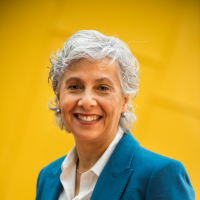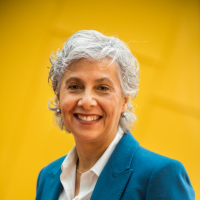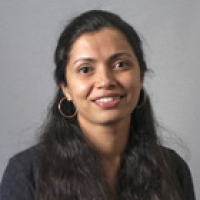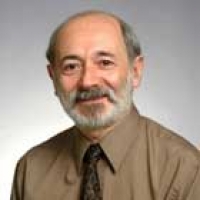
PI
Core/Dual
Una-May O'Reilly
Phone
253-6437To make our lives and systems more secure, Dr. Una-May O’Reilly’s research goals are to understand adversarial intelligence and to computationally model it with machine learning. Dr. O’Reilly hopes that by developing Artificial Adversarial Intelligence it will help reveal the dynamics of conflicting behavior and how adaptation drives it, leading to more secure systems. This is why she works at the intersection of cybersecurity and artificial intelligence.
Dr. O’Reilly, who holds a PhD from Carleton University in Ottawa, Canada and joined CSAIL in 1996, was drawn to this area of research when pursuing her highly regarded and award-winning work on evolutionary algorithms. These algorithms are a good fit to model the evolving arms race between tax avoidance and tax loophole remediation. They supported an approach to identifying vulnerabilities in a subsection of the Internal Revenue code while avoiding auditing, even under auditing co-adaptation. Now one of the main areas Dr. O’Reilly is investigating is cybersecurity and how to stop destructive and escalating arms races between cyber attack actors and cyber defenders.
Another area she is exploring is the security of software. Dr. O’Reilly, who is interested in understanding computer programs in general, conducts neuroscience experiments to reveal how humans read code and uses machine learning models to encode software. Her research also dives into deep learning techniques for program representations. Typically, code varies in length, obeys syntax, and expresses semantics. To automatically detect bugs or code malware, a computer-friendly representation of code that encompasses all of these properties is required. Such representations can be used by software enterprises in machine learning detectors and classification training.
Dr. O’Reilly’s security-driven, adversarial-focused approach to AI and machine learning will lead to more secure systems, better program comprehension, and improved cyber defenses.
BIO
Dr. Una-May O'Reilly is a Senior Research Scientist and the leader of ALFA Group at Massachusetts Institute of Technology's Computer Science and Artificial Intelligence Lab. An AI and Machine Learning researcher for 20+ years, she is broadly interested in Adversarial Intelligence, which refers to the intelligence that develops and is leveraged when learning and adapting within offense-vs-defense environments. Her focus extends to Artificial Adversarial Intelligence, the computational counterpart of this phenomenon. Her fascination with security challenges has led her to explore settings facing cyber threats. She develops deep learning and evolutionary algorithms to model cybersecurity phenomena such as malware detection, cyber hunting, and the dynamic interplay of cyber network attacks and defenses.
Academic accomplishments include an Honorary Doctorate (honoris causa) from Dalhousie University, Canada, multiple Best Paper and Impact awards, more than 200 publications, ACM SIGEVO Recognizing Outstanding Achievements in Evolutionary Computation Award, SPECIES Outstanding Achievements in Evolutionary Computation Award, and multiple keynotes such as ACM SIGEVO Distinguished Lecture at GECCO (2024). She serves on the editorial board of ACM Transactions on Evolutionary Computation and Evolution Computation (MIT Press) and the advisory board of Genetic Programming and Evolvable Machines (Springer).
Una-May holds a B.Sc. from the University of Calgary, and a M.C.S. and Ph.D. (1995) from Carleton University, Ottawa, Canada. She joined the Artificial Intelligence Laboratory, MIT as a Post-Doctoral Associate in 1996.
Related Links
Last updated Oct 02 '25







